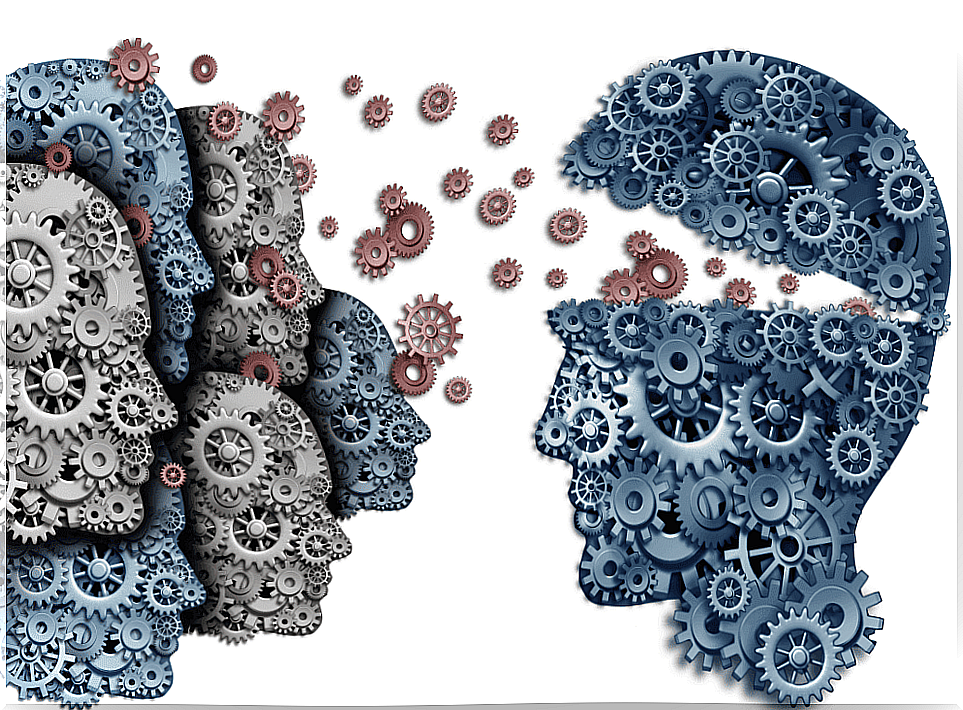The Best Skills For The Modern Job Market

As a child, there is a question that we often hear. We often answer it with hope and optimism, as a loved one speaks to the one he loves. The question takes many forms, but often it is simple: what do you want to be when you grow up? But what about skills in the modern labor market?
Surely not many have asked the question and believed our answer. If we get the question asked again a few days later, we’ll probably give a different answer.
Kids want to be writers one day and astronauts the next. They want to be a radio DJ and then a film director, or clown, or receptionist. Many of us went to bed as lawyers and woke up as doctors. We didn’t care what others thought.

What do I want to become?
But there comes a time when we start asking ourselves this question. The answer is not always easy. This may be because the goal may be clear, but the road to it is difficult. Or it could be because the road is unstructured. Maybe we just haven’t found the profession that intuitively is our calling.
There are, of course, those who have a clear idea even before they have a career in mind. But this is not the majority. On the other hand, the elderly might find it funny that as children we gave them one answer one day and something completely different the next.
But now that we’re adults, their face is a little more serious – the pressure is greater. They seem to be saying, “You are no longer in the schoolyard, stop playing those games! You have enough life experience to make a decision. Now is the time to focus your skills on a permanent job.”
We are growing up
If that final decision doesn’t come to pass, our parents (and others) may think they’re unlucky enough to raise “a lost child.” This feeling can be painful, especially if it comes from people who are important to us. It often happens that we take this thought on ourselves and stop exerting ourselves, regardless of our skills.
Others can still judge us because we have chosen a different path. If you deviate from the intentions you have shared with others, you can expect questions such as: “Why do you want to restore furniture when you have spent so much time studying medicine?”
Therein lies the paradox: as we get older, others expect and appreciate more stability from us. But when death reminds us that lives come to an end, we long for the adventurous person we once were.

Shop for skills
People who jump from one project to another, who get very passionate about one thing and then another, are often misunderstood. Many people look down on them. Ultimately, progress in some area or specialization as very important. Many of these people have a clear calling based on a single skill. Just as many people have probably given up on their true selves.
They give up things like wishes, desires, hopes and dreams. Then they become very critical of those who do not go through this process. For example, people who criticize someone for cheating on an exam are usually the ones who can’t. That is why people who have come out of poverty are also often the ones who are critical of the people who do not get out.
People who have a wide range of skills and abilities (the ‘restless’ or ‘lost’ people) often come to dislike the way they are. They feel that they have failed if they do not meet the social norm. This can lead to low self-esteem and sadness.
But why? Why isn’t it okay to quit a project if you feel like you’ve got the most out of it? Are we not asking a bee to stay with the same flower if it has collected enough nectar?
Fortunately, however, this scenario is beginning to change. Now society values people who have participated in different projects and changed jobs often.
This is because these people have three qualities:
They use intersections. Having knowledge of many fields helps them to organize projects and make contributions that an expert could never take. We’re talking about people who have a passion for math and football, and who can create innovative statistics as a result.
Or people who love biology and literature, and find a way to bring science to the book world. We’re talking about people who specialize in robotics, but also love to take care of people, and through this synergy, they bring technology to the people who need it most.
They are able to learn quickly. Because they have changed jobs many times, they have had many new starts as well. As a result, they have a lot of experience in getting lost in the unknown, and surface tension that occurs when we make a big change.
They can adapt quickly. Fast Company magazine says that adaptability is the most important skill for survival and growth in this century. People with a lot of skills are very good at that, because they are constantly entering new fields to see where they fit best. So many changes have taught them how to minimize the impact of uncertainties. Certain situations that lead to a lot of stress for others are even natural to them.
Whether or not adaptability is the most important skill of this century, it is clear that it has become very valuable. Companies are looking for people who can adapt and want to learn.
It is true that a specialization still has a lot of value. But it is also true that experience in different areas is starting to take on even more value. People with many different experiences have a lot to offer.









